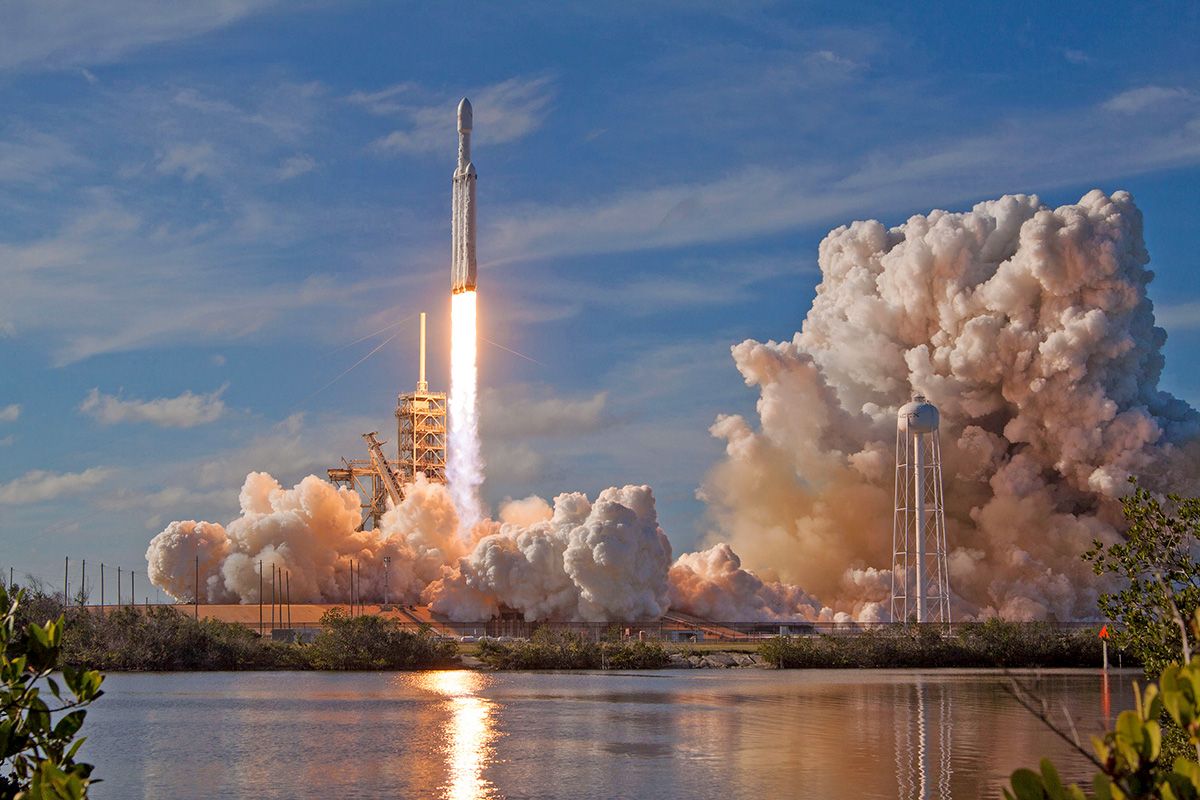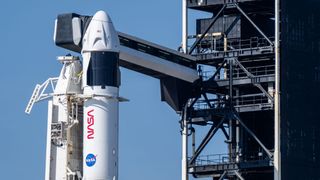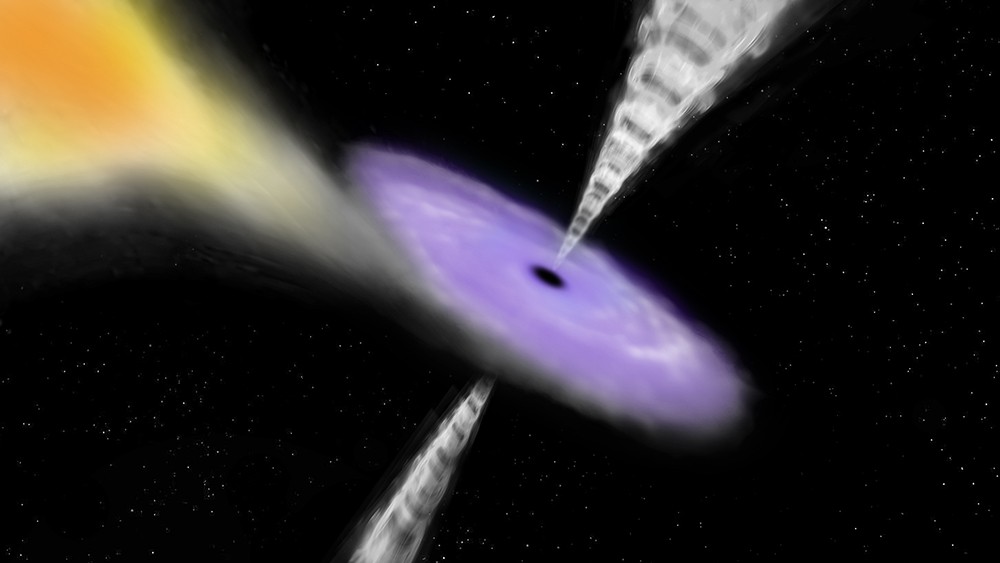SpaceX

Elon Musk’s aerospace company SpaceX continues to make headlines, as the company launches rockets and craft into space, with the ultimate goal of bringing humans to other planets like Mars. Live Science keeps up with the most interesting SpaceX developments and achievements, including the Tesla Roadster that is hurtling through space and the Falcon Heavy rocket that carried it there.
Latest about spacex

Secretive SpaceX satellites operated by US government are shooting disruptive radio signals into space, astronomer accidentally discovers
By Harry Baker published
An amateur astronomer has accidentally uncovered a series of puzzling radio signals coming from SpaceX's government-operated "Starshield" network. The signals overlap with protected frequencies and could disrupt other nearby spacecraft, experts warn.

Human stem cells become more active in space — and that's not a good thing
By Patrick Pester published
Stem cells age faster and become functionally exhausted in low Earth orbit, making crewed long-duration space travel even more challenging.

10th time lucky! SpaceX's Starship nails successful test flight after string of explosive setbacks
By Ben Turner published
SpaceX's Starship rocket has finally reversed its fortunes.

SpaceX's Starship explodes on Texas launch pad in 'catastrophic failure' during routine test
By Ben Turner published
SpaceX's Starship 36 underwent a "catastrophic failure" on the stand at its Texas launch site, but the latest setback is unlikely to dent the company's ambitions.

Elon Musk threatens to decommission SpaceX's Dragon spacecraft after Trump feud. What does it mean for the US space industry?
By Pandora Dewan published
A war of words between SpaceX CEO Elon Musk and President Donald Trump could lead to significant fallout for U.S.-led space exploration.

What goes up must come down: How megaconstellations like SpaceX's Starlink network pose a grave safety threat to us on Earth
By Samantha Lawler published
Opinion Thousands of satellites with incredibly short lifetimes are being sent up into low Earth orbit. When they fall back down they're fireballs of pollution — and what doesn't burn up hits the ground.

'No radio astronomy from the ground would be possible anymore': Satellite mega-swarms are blinding us to the cosmos — and a critical 'inflection point' is approaching
By Harry Baker published
Invisible radiation leaking out of private satellites, like SpaceX's Starlink spacecraft, is disrupting radio astronomers' ability to detect important signals from across the universe. If left unchecked, we could reach an "inflection point" beyond which we can no longer properly study the cosmos, researchers warn.

How many satellites could fit in Earth orbit? And how many do we really need?
By Harry Baker published
The number of satellites orbiting Earth is rising fast, thanks to private companies such as SpaceX. But just how big will these "megaconstellations" become? And what problems might they cause?
Get the world’s most fascinating discoveries delivered straight to your inbox.




